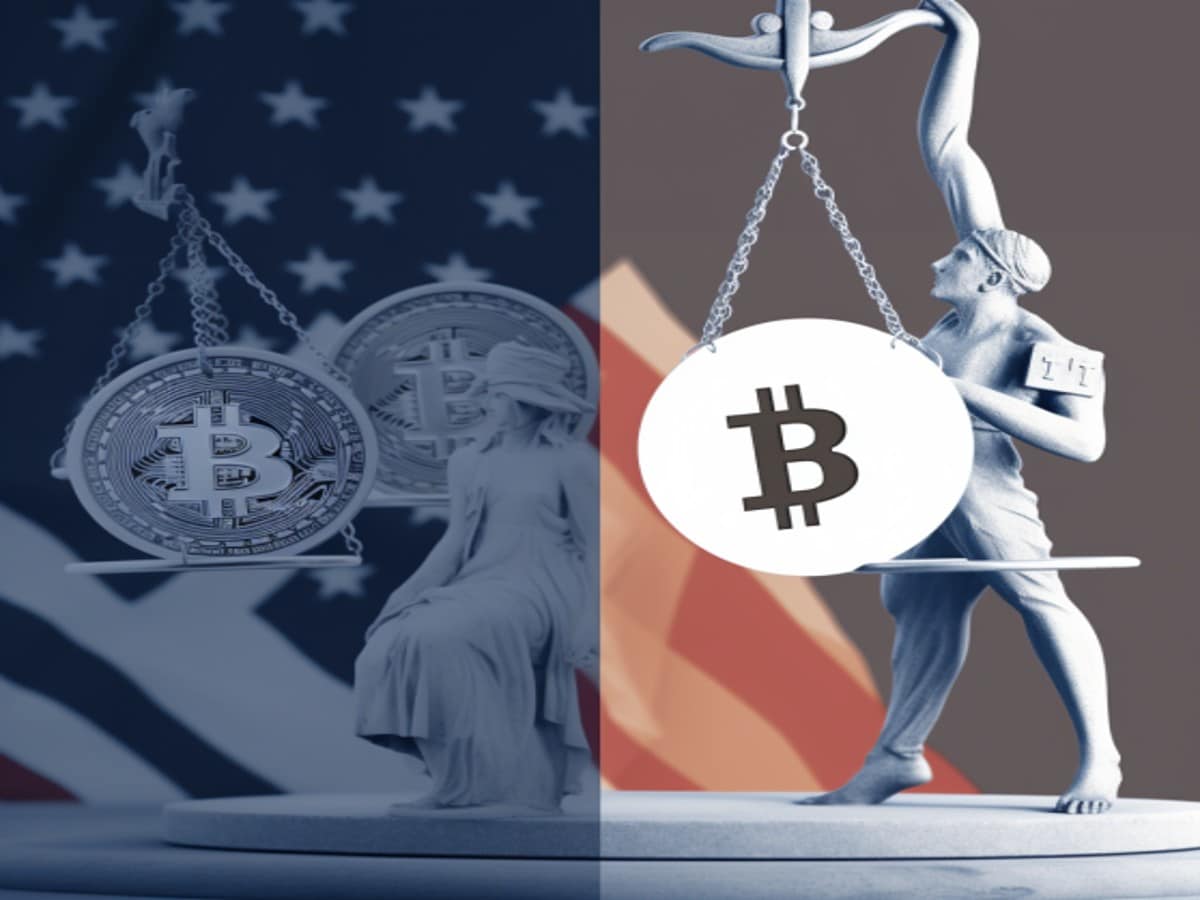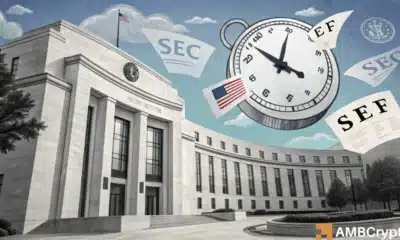Bankrupt Bittrex U.S. to allow withdrawals now

- A Delaware bankruptcy court ruled that Bittrex U.S. and its affiliates can allow their customers to withdraw crypto assets.
- The exchange filed for bankruptcy last month as it was facing SEC’s enforcement action.
Following a judgement by a Delaware bankruptcy court, the U.S. arm of the bankrupt cryptocurrency exchange Bittrex is slated to open for customer withdrawals on 15 June, according to a CoinDesk report.
Judge Brendan Shannon ruled that Bittrex U.S. and its affiliates are authorized to allow their customers with undisputed, non-contingent, and liquidated claims to withdraw crypto assets and fiat currency from the Debtors’ trading platform to the extent of such claims.
The ruling emphasized that the judgement does not clarify who legally owns those assets or whether customer claims take precedence over government claims, and that claw backs may occur in the future.
Patty Tomasco, a lawyer representing the exchange, told the publication in an email that “the platform will be up and running for withdrawals on Thursday, June 15.”
Exchange declares bankruptcy following SEC’s action
After announcing in March that it will close its U.S. operations the following month, the exchange saw millions of dollars in withdrawals. The division declared bankruptcy on 8 May.
According to the exchange, it held $500 million-$1 billion in assets and $500 million-$1 billion in liabilities. The bankruptcy included Seattle-based Bittrex, Inc., two Bittrex ventures in Malta, and a related entity, Desolation Holdings LLC.
While most bankruptcy proceedings entail a freeze on transactions, the company maintained that it wanted consumers to be able to continue doing business. The U.S. government objected to a Bittrex proposal to repay funds to its customers.
Bittrex, like other crypto exchanges such as Binance and Coinbase, was charged by U.S. officials for violating federal laws by running an unregistered securities exchange.
In October, the exchange was also charged with Bank Secrecy Act breaches by the U.S. Treasury’s Office of Foreign Assets Control and the Financial Crimes Enforcement Network. The company agreed to pay about $53 million in a settlement.






